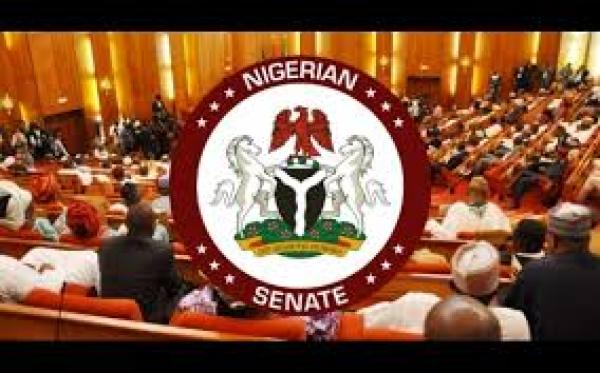
Following a public hearing at the Senate yesterday, a coalition of civil society groups have urged the Nigerian senators to ensure that the National Tobacco Control Bill, NTCB, is passed under the current administration to give Nigerians a reassurance that they are committed to protecting public health as their representatives.
According to the coalition the bill is in conformity with the provisions of the World Health Organisation Framework Convention on Tobacco Control (WHO-FCTC).
In a joint statement issued in Abuja, the Environmental Rights Action/Friends of the Earth Nigeria, ERA/FoEN: Civil Society Legislative Advocacy Center, (CISLAC) and the National Tobacco Control Alliance (NTCA) said that a tobacco control bill that is in sync with the FCTC will not only promote public health, but also be fulfilling Nigeria’s obligation under the FCTC.
Nigeria has signed and ratified the WHO-FCTC since 2005.
The groups insisted that the Nigerian parliament must plug any loophole that can be exploited by the tobacco industry to undermine the spirit and intention of the bill.
ERA/FoEN Director, Corporate Accountability, Akinbode Oluwafemi said that the public hearing was another opportunity for the lawmakers to side with the people by ensuring that the bill was in tandem with the FCTC which is the first global health treaty.
“The Senate must stand firm in the face of growing misinterpretation of the tobacco control bill by agents of the tobacco industry,” Oluwafemi said. “It must remain vigilant and resist the deceptions and lies of the tobacco industry and their front groups.”
For his part, the Executive Director, CISLAC, Auwal Rafsanjani, said Nigeria was in dire need of effective regulation of the manufacture, sale and distribution of tobacco products.
“The public hearing came at a time that the health burden instigated by tobacco products has started assuming alarming proportions,” Rafsanjani said.
In the same vein, Interim Chair of NTCA, Lanre Oginni, stressed the importance of ensuring that key provisions of the tobacco control bill are strengthened.
“For instance, the Senate must shun all back door attempts at getting the tobacco industry to dictate its own regulation through suggestions to be part of the National Tobacco Control Committee,” said Oginni.
“This is unacceptable and remains an anomaly. It is like a criminal chairing a panel set up to try him. The Senate must be wary of such dubious suggestions from groups being funded by the tobacco industry.”
On the key elements of the bill, the groups recommended the creation of a National Tobacco Control Committee to be coordinated by the Minister of health, and to embrace all stakeholders; adoption of higher taxes and price measures to reduce tobacco consumption; ban on tobacco advertising, promotion, and sponsorship; and enacting 100 per cent smoke-free laws that ban smoking in all indoor workplaces and public places (including restaurants, bars and other hospitality venues) and public transport, and non-creation of Designated Smoking Areas (DSAs).
Other key recommendations include prominent graphic health (picture) warnings on tobacco packages covering 75 per cent of the principal display areas; exclusion of the tobacco industry from tobacco control policies and implementation; prohibition of the sale of cigarette to and by minors; and prohibition of sale in single sticks: cigarettes should be sold in packs of not less than 20 sticks, among others.






















